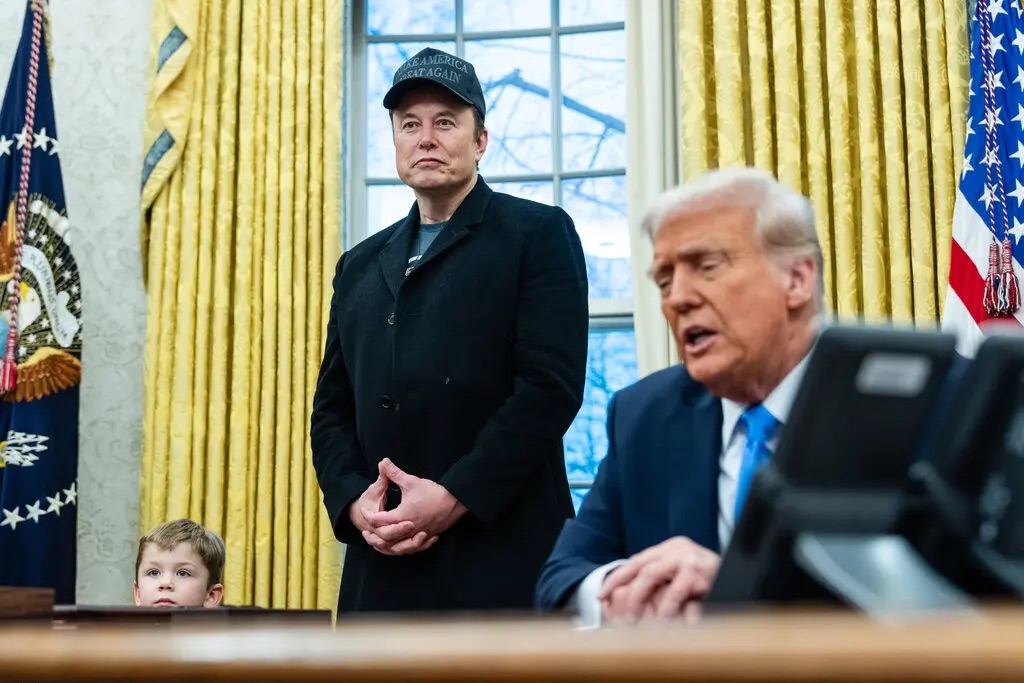WASHINGTON, USA — United States President Donald Trump has reignited tensions with former government aide and tech billionaire Elon Musk, accusing the entrepreneur of benefitting from “massive subsidies” and suggesting he would be unable to operate without government support.
“Elon may get more subsidy than any human being in history, by far,” President Trump posted on his social media platform Tuesday, July 1, 2025.
“And without subsidies, Elon would probably have to close up shop and head back home to South Africa.”
The remarks come amid an escalating political spat between the two men over Trump’s flagship fiscal proposal — the “One Big Beautiful Bill” — which aims to extend tax cuts introduced during Trump’s first term and ramp up spending on border security.
The bill, projected to cost $4.5 trillion, has drawn fire from fiscal conservatives and former allies alike.
Musk, who briefly headed the Department of Government Efficiency (DOGE) in the Trump administration before resigning in May, has emerged as one of the bill’s most vocal critics.
In a post on Tuesday, July 1, 2025, he accused Republican lawmakers of hypocrisy and warned that continued deficit spending risked pushing the U.S. into what he termed “debt slavery.”
“All I’m asking is that we don’t bankrupt America,” Musk wrote.
“What’s the point of a debt ceiling if we keep raising it?”
The billionaire also floated the idea of supporting a new political party to challenge what he sees as Washington’s bipartisan abandonment of fiscal restraint.
“VOX POPULI VOX DEI 80% voted for a new party,” Musk posted, referencing a poll he ran among his 220 million followers.
In an apparent response to Musk’s growing influence and criticisms, President Trump hinted at a possible investigation into Musk’s business empire.
“No more Rocket launches, Satellites, or Electric Car Production, and our Country would save a FORTUNE,” he said.
“Perhaps we should have DOGE take a good, hard, look at this? BIG MONEY TO BE SAVED!!!”
Musk, founder of Tesla and SpaceX, has long received federal contracts and subsidies for clean energy, transportation, and space exploration initiatives.
While critics argue that his businesses are overly reliant on public funding, Musk has maintained that his ventures provide value and innovation well beyond the cost to taxpayers.







![Honouring a Rare Soul: Celebrating the Life of AVM Terry Omatsola Okorodudu [MUST READ] Air Vice Marshal Terry Omatsola Okorodudu](https://www.thetrentonline.com/wp-content/uploads/2026/01/Joan-and-Bidemi-Okorodudu-The-Trent-100x70.jpg)